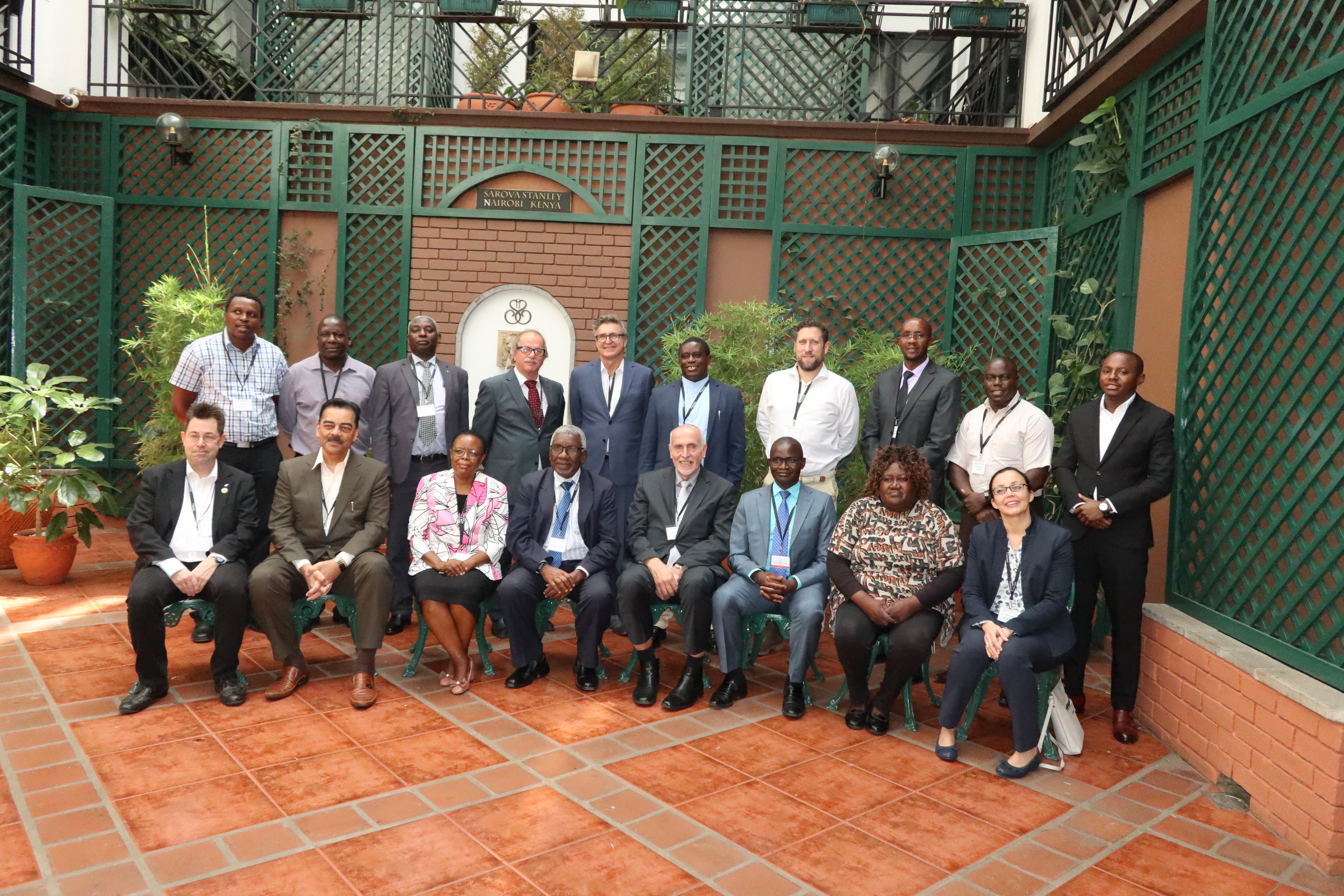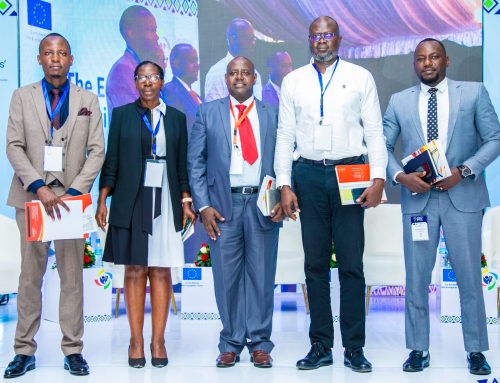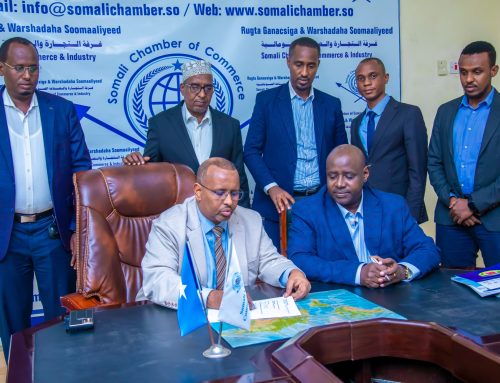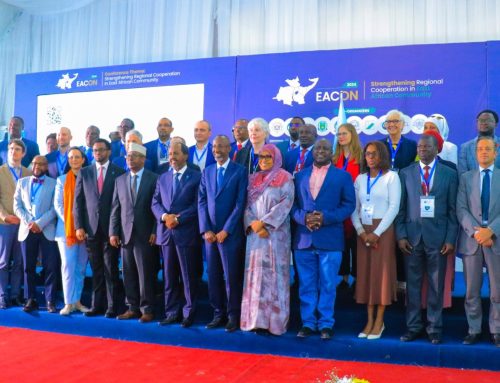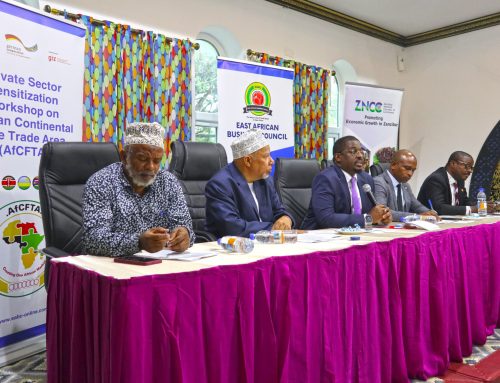Friday, 26th November, 2021, Nairobi, Kenya: EABC CEO Mr. John Bosco Kalisa urged for quick setup of the East African University of Applied Sciences to boost industrialization, innovation, competitiveness, economic growth and job creation in the EAC.
Speaking during the 2nd Expert Advisory Board On Applied Sciences in East-Africa held in Nairobi, Kenya Mr. Kalisa shared said it is important to align the academic curriculum to industry needs and bridge the skills gap & mismatch in the EAC.
On his part, in particular, Chairman Vimal Shah of Bidco Africa called for more investments in the education sector and building robust world-class manpower for the EAC bloc. He stated that the East African University of Applied Sciences as a role model for higher education should transform the EAC bloc into a leading exporter of new skills, expertise and innovations to Africa and the world.
The 2nd Expert Advisory Board On Applied Sciences convened professors from leading universities in the EAC and Germany, Government Officials, Industry Captains, in particular, Chairman Vimal Shah of Bidco Africa and Dr. Kevit Desai Principal Secretary at the Ministry of East Africa Community and Regional Development -Kenya who shared insights and missing links on advancing science & technology in the region.
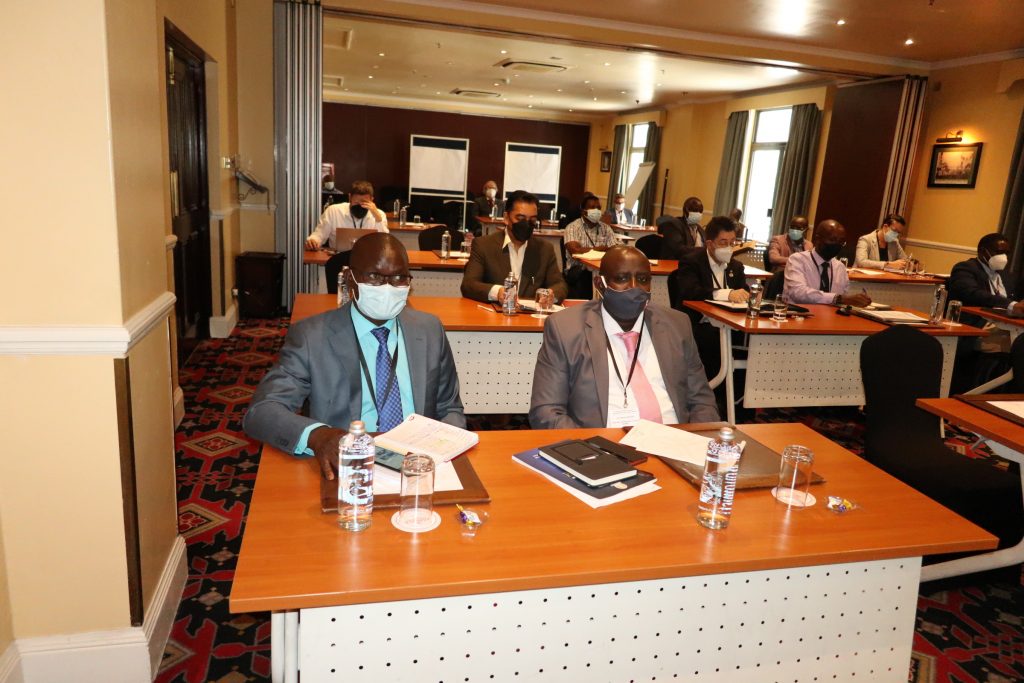
East African University of Applied Sciences will adopt best practices on applied sciences curriculum from German networks and build innovative solutions for manufacturing, value chains, interconnectivity, transport, mechatronics, energy.
In the new context and global dynamics, the East African University of Applied Sciences is geared to boost production, efficiency and competitiveness of the EAC bloc at continental and international markets.
2nd Expert Advisory Board On Applied Sciences will chart out a roadmap to fast-track the set-up of the East African University of Applied Sciences.
In May 2016, The EAC Heads of States declared the EAC a Common Higher Education Area whereby the national higher education and training systems shall operate and be guided by the common regional framework under which curricula, examinations and certification as well as academic and professional qualifications, and the quality of the educational and training output in higher education will be harmonized.

